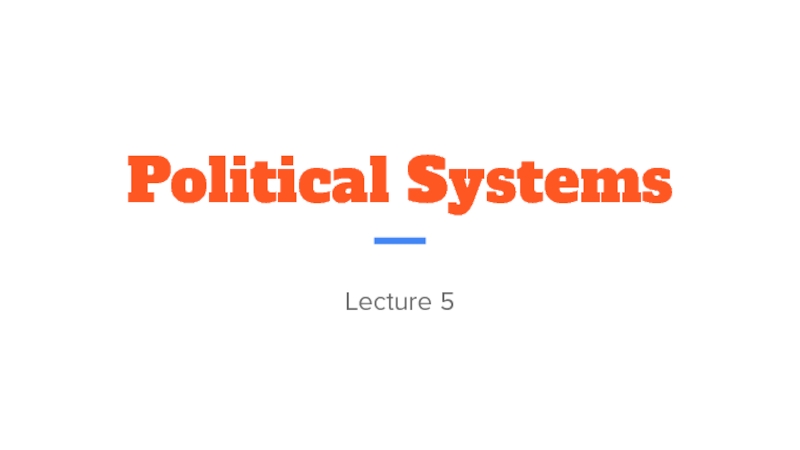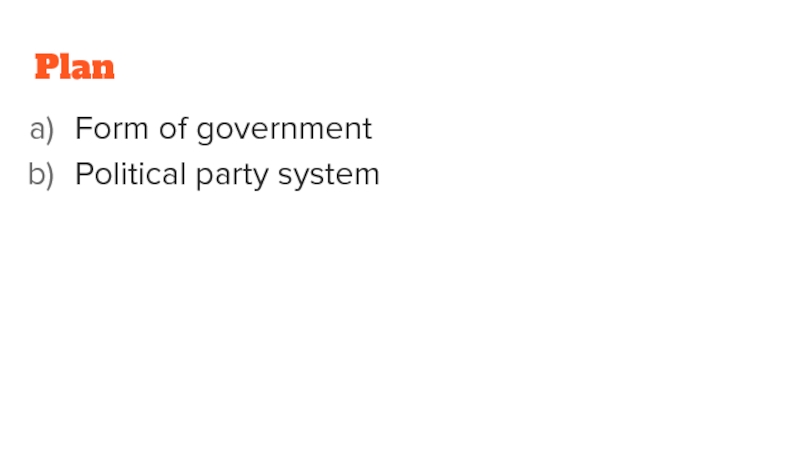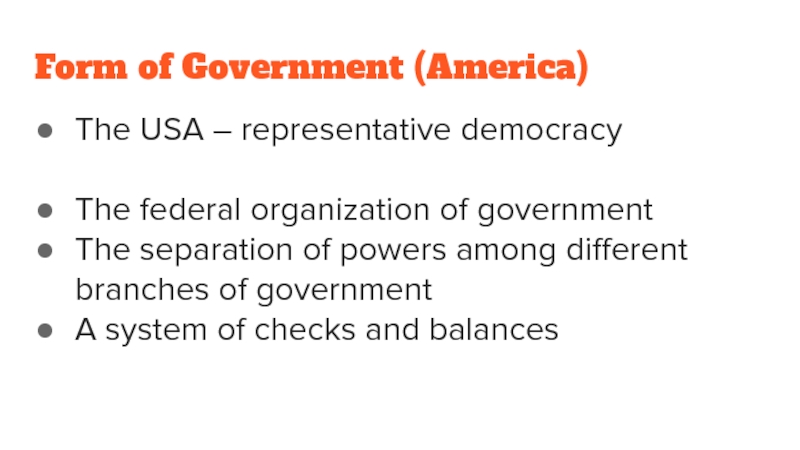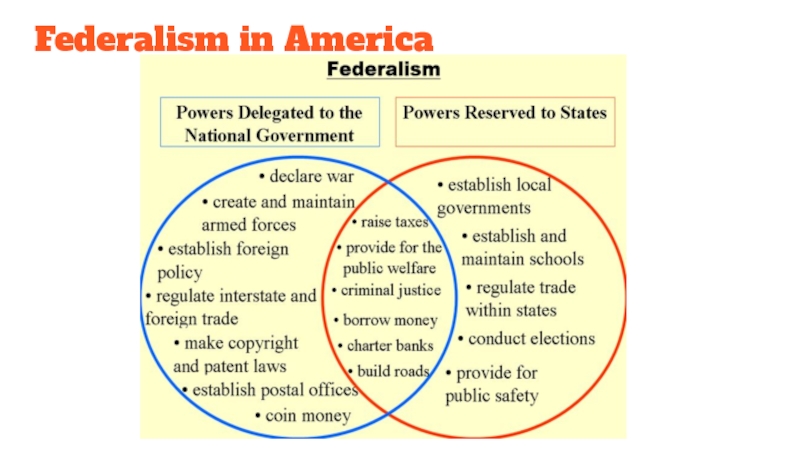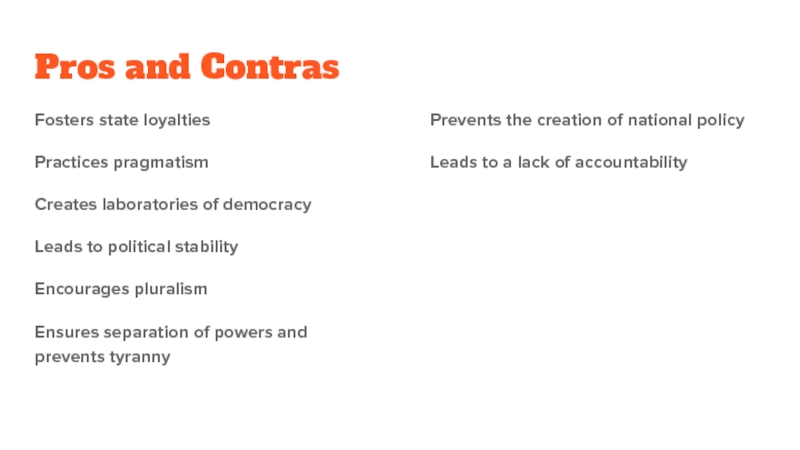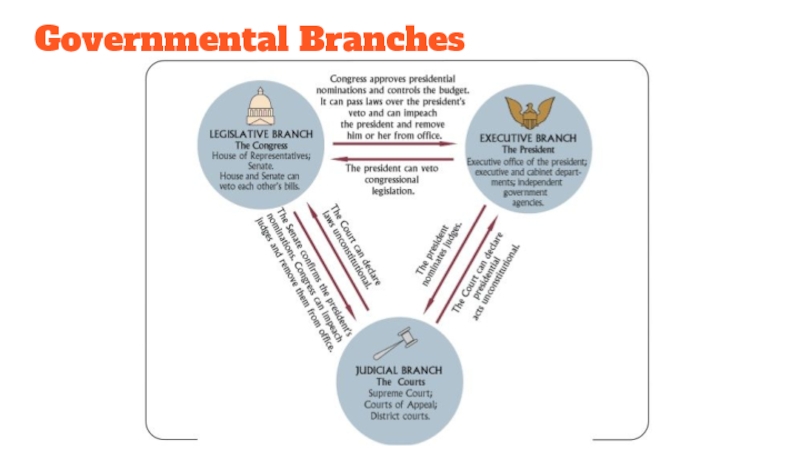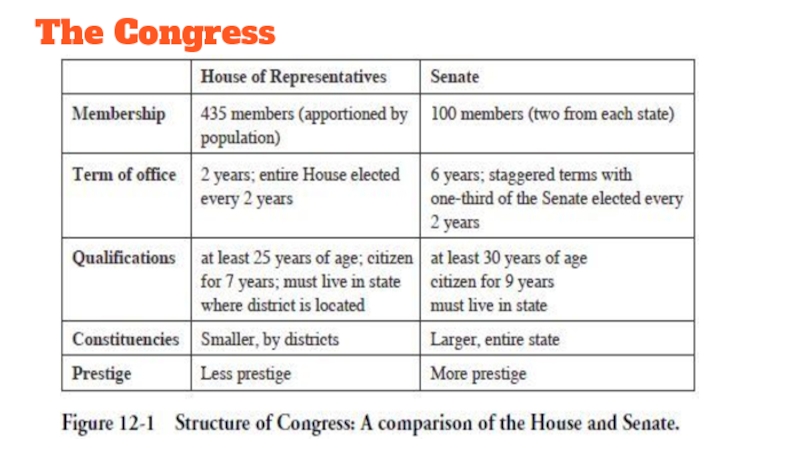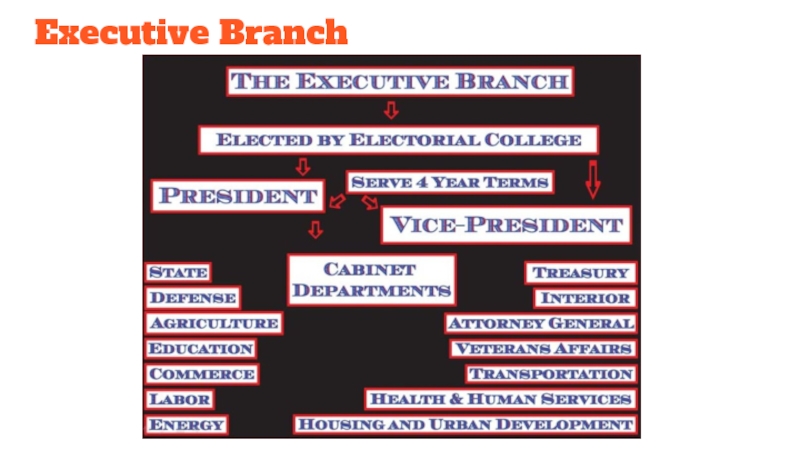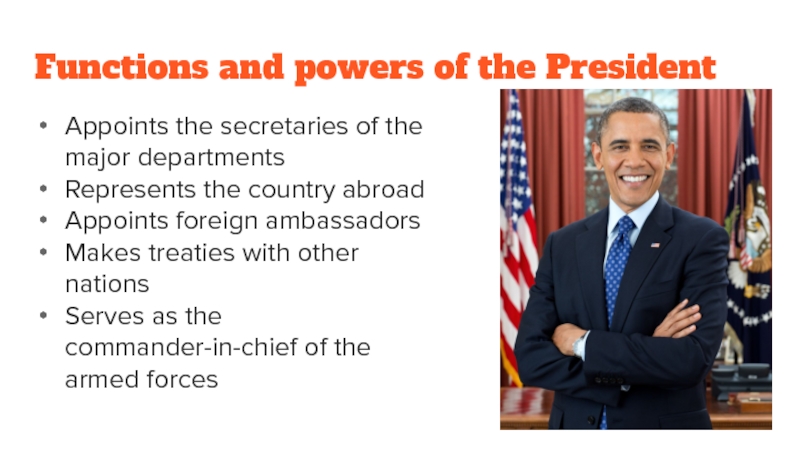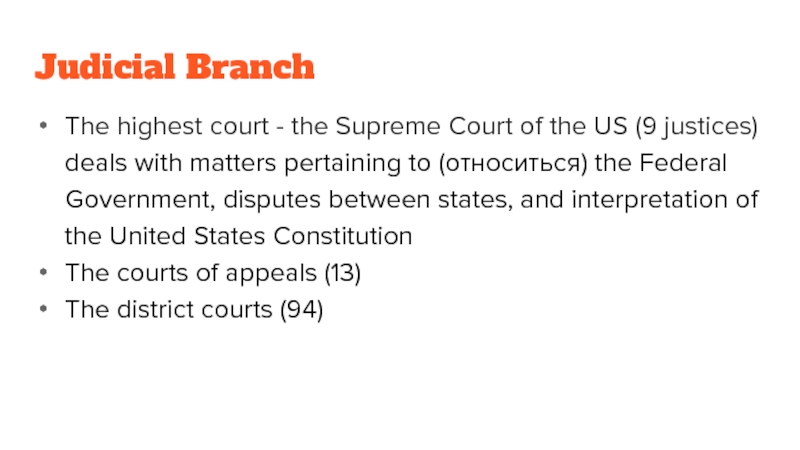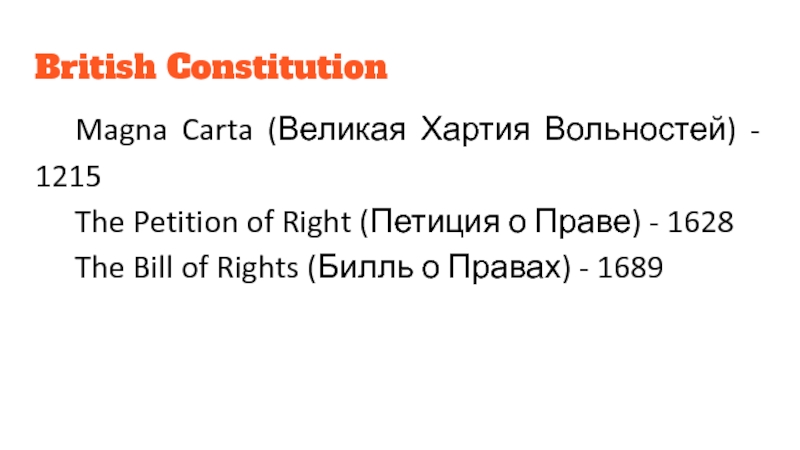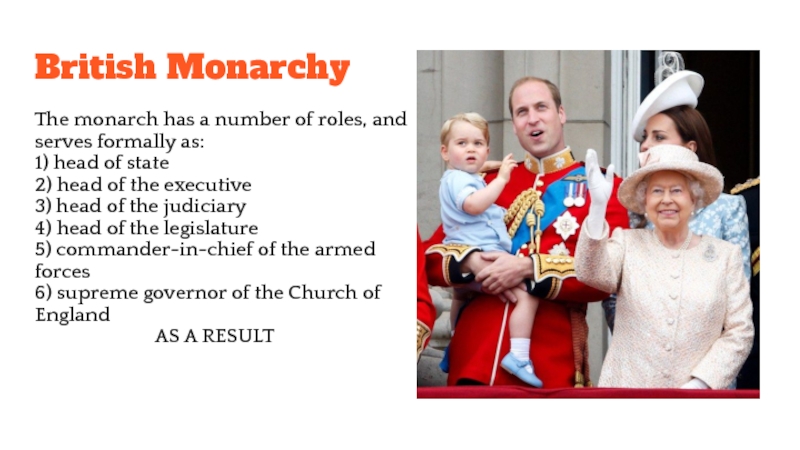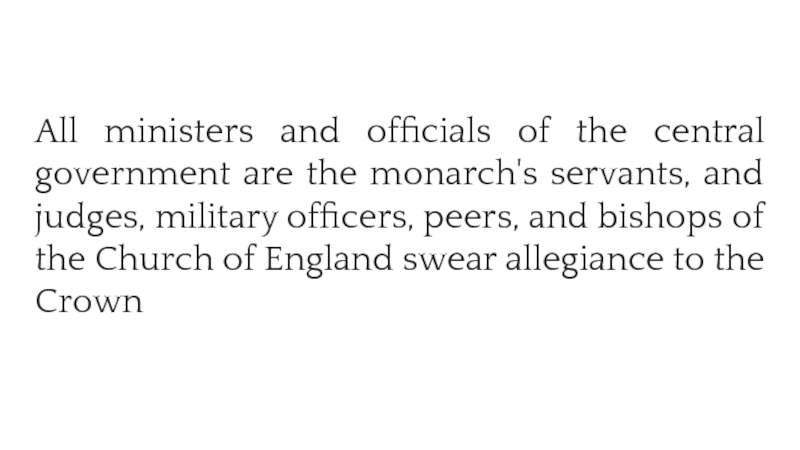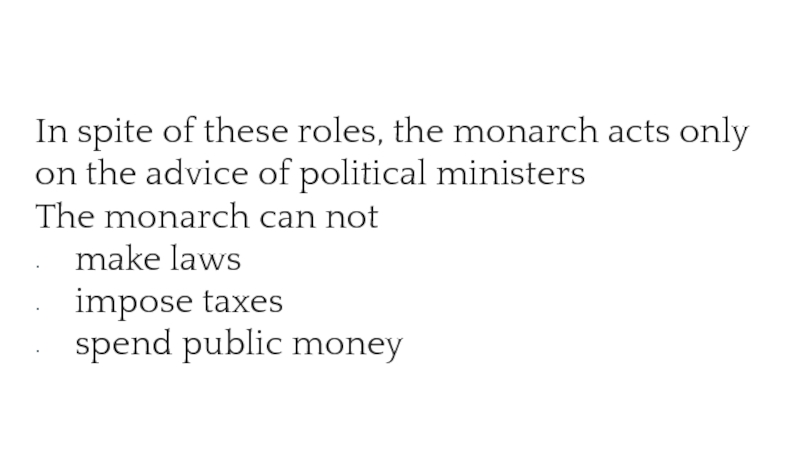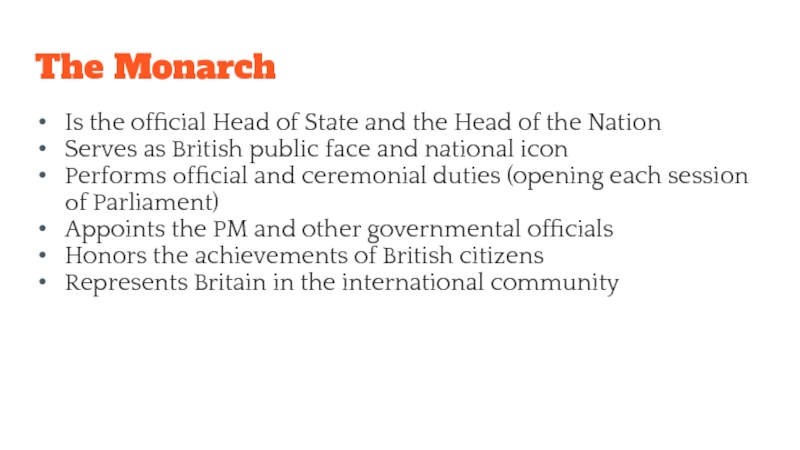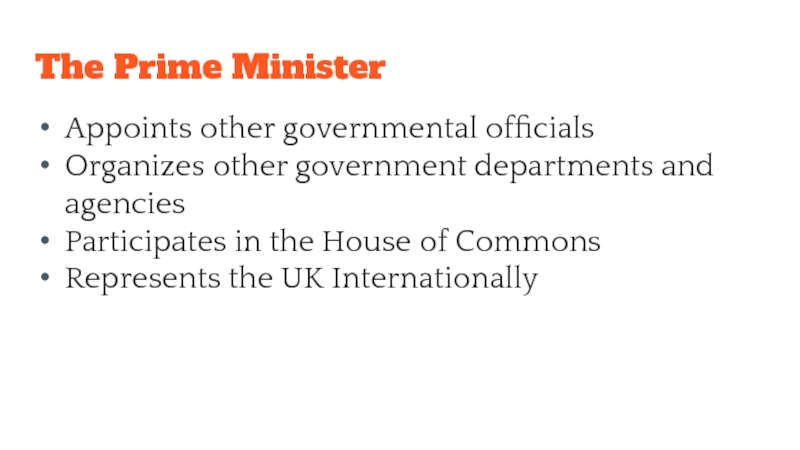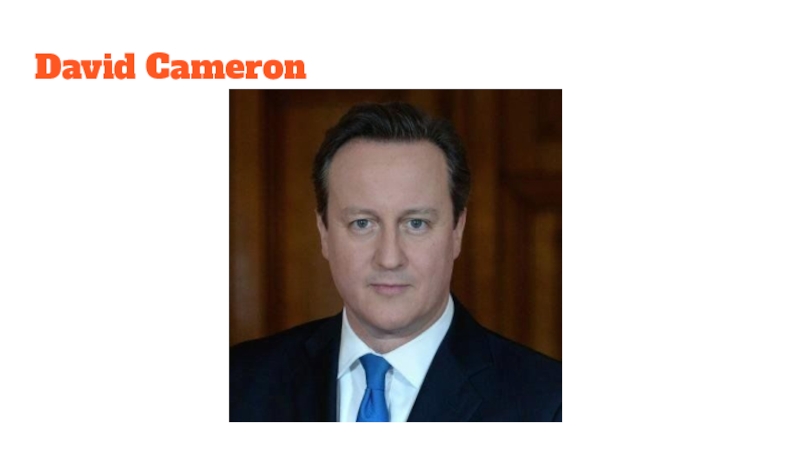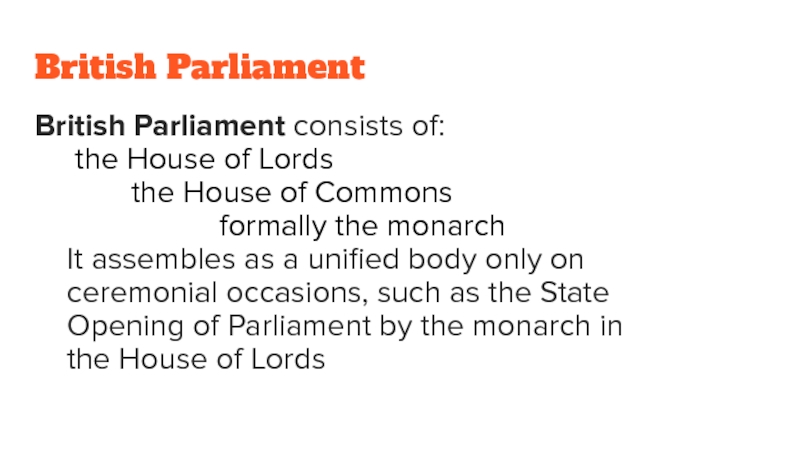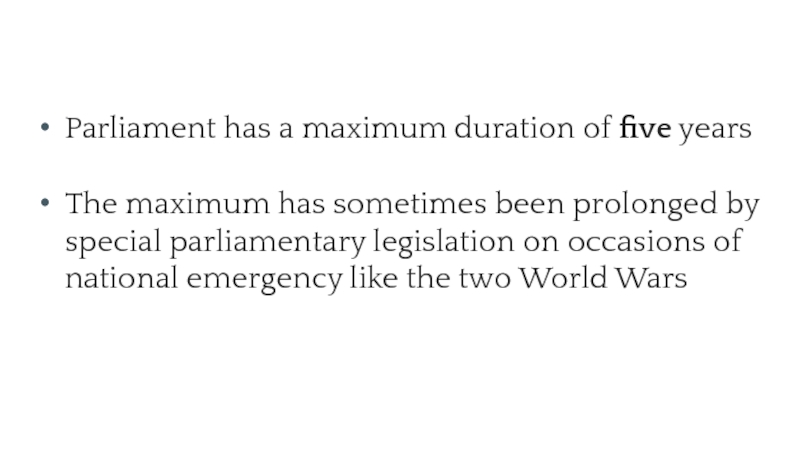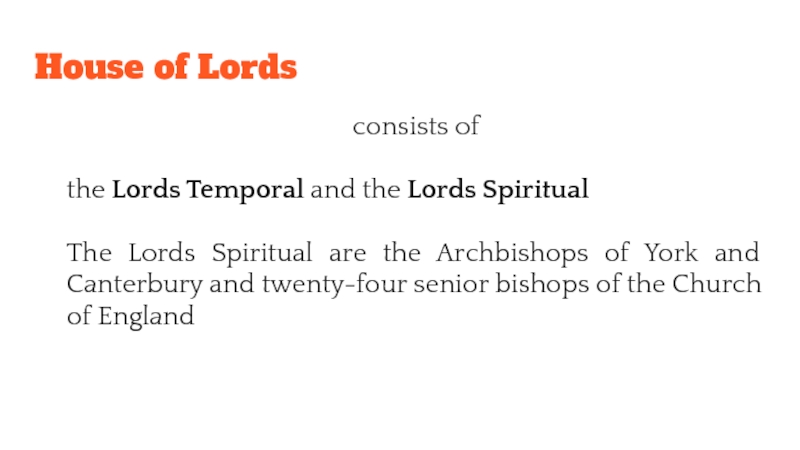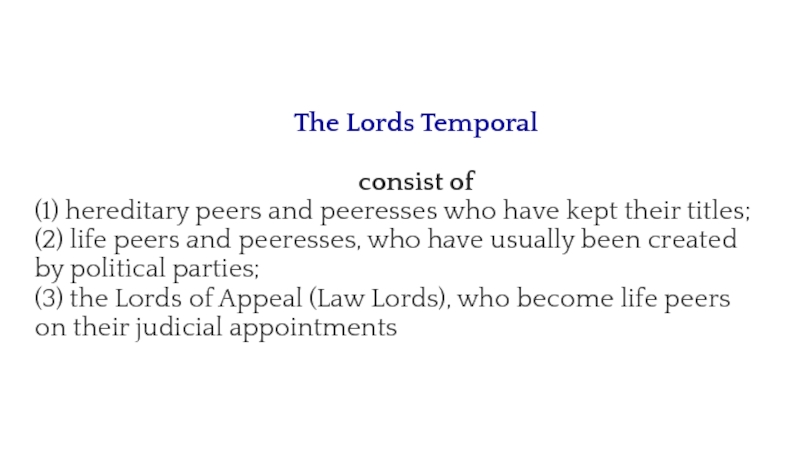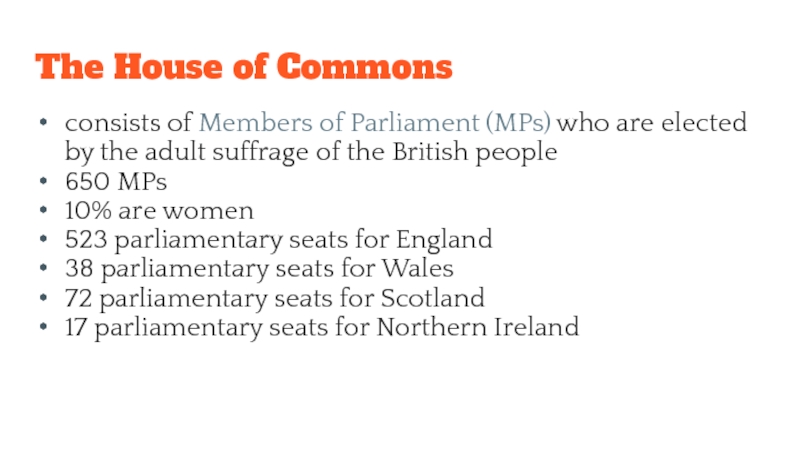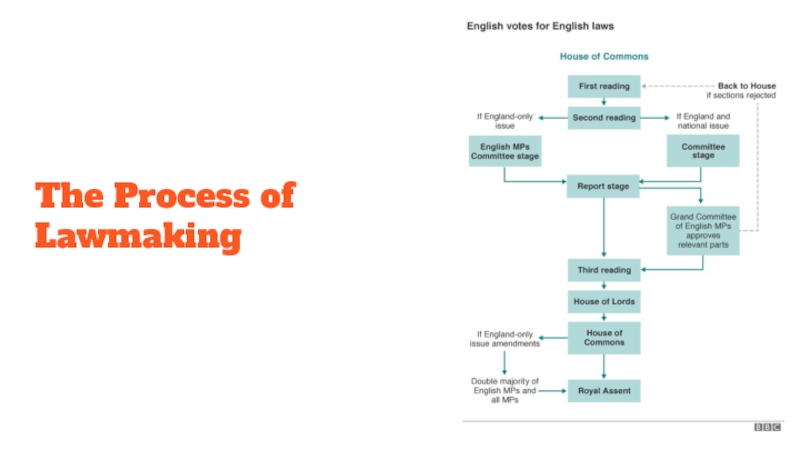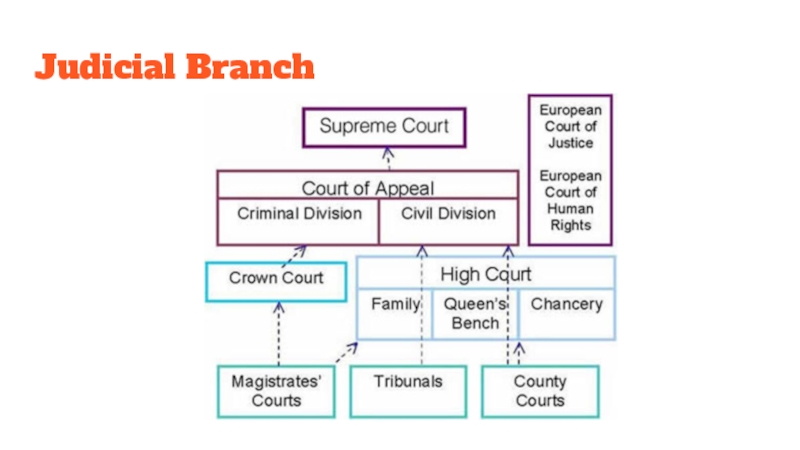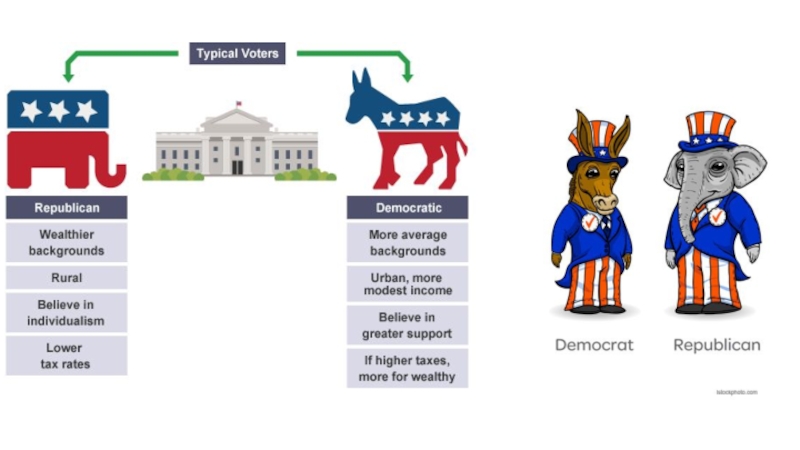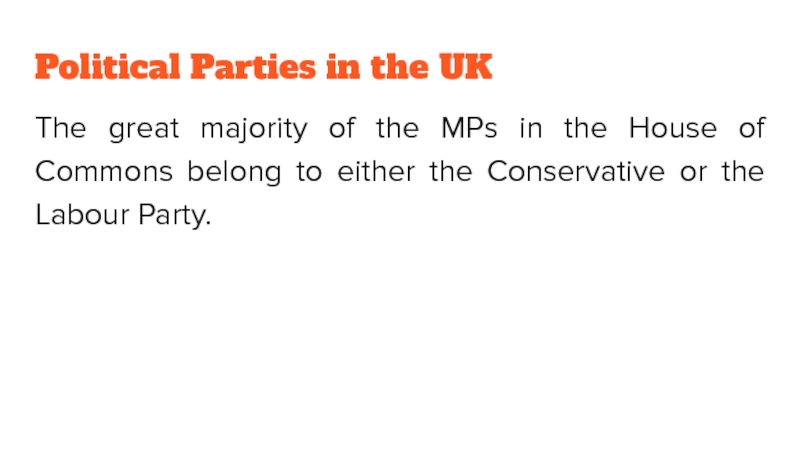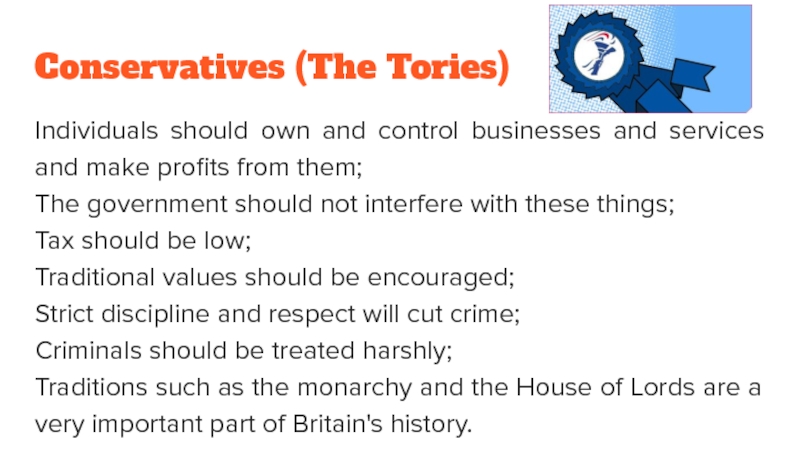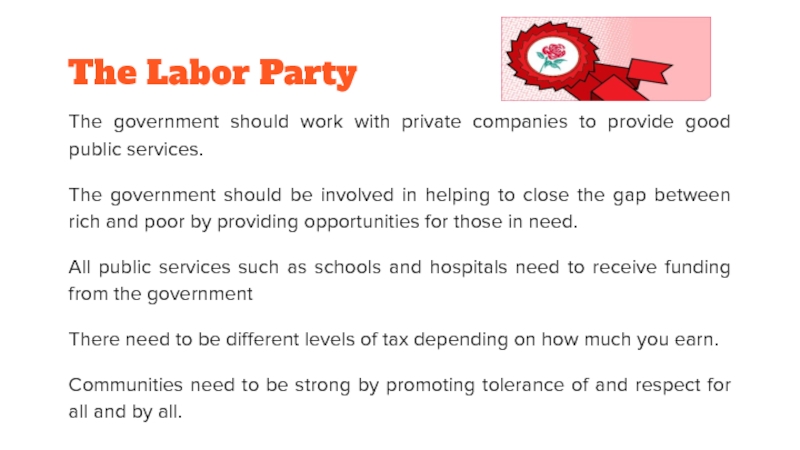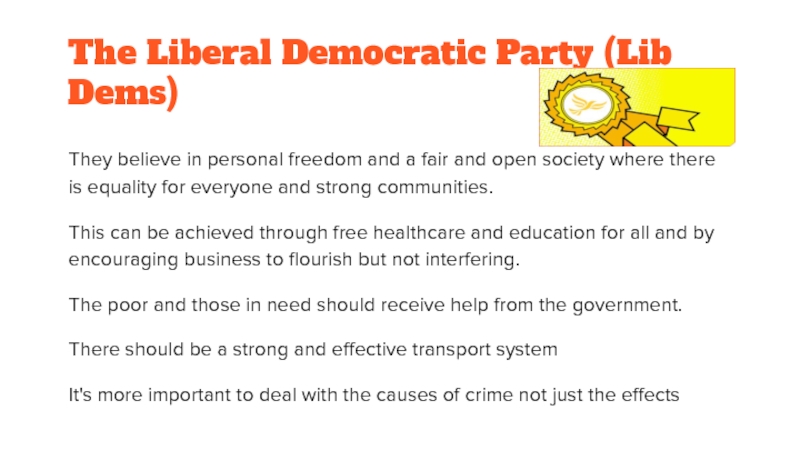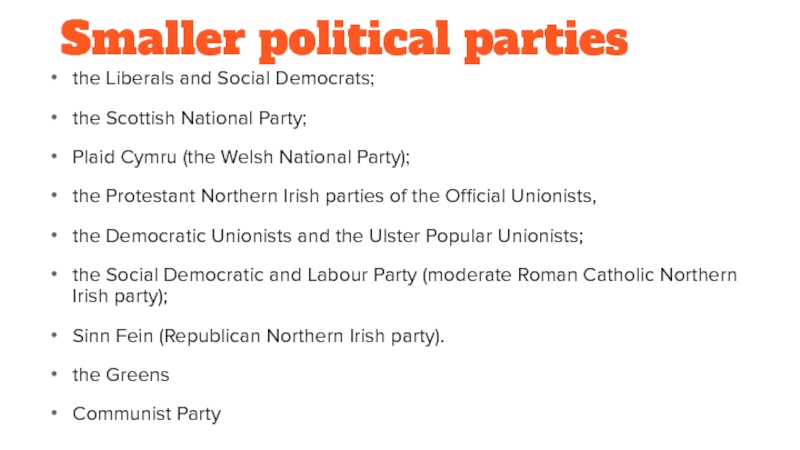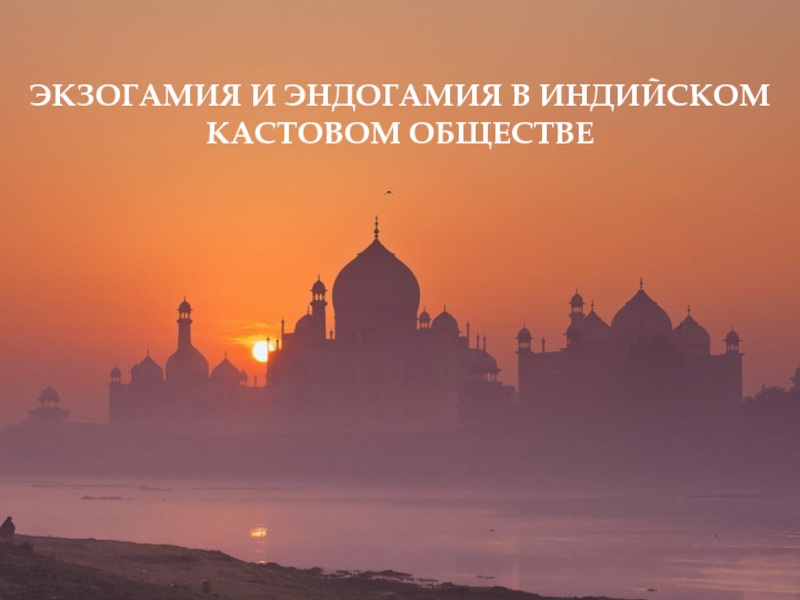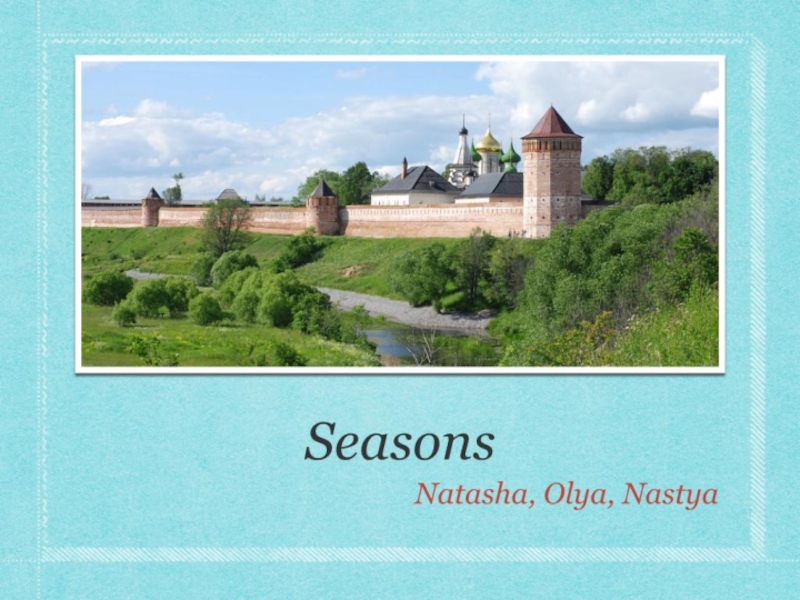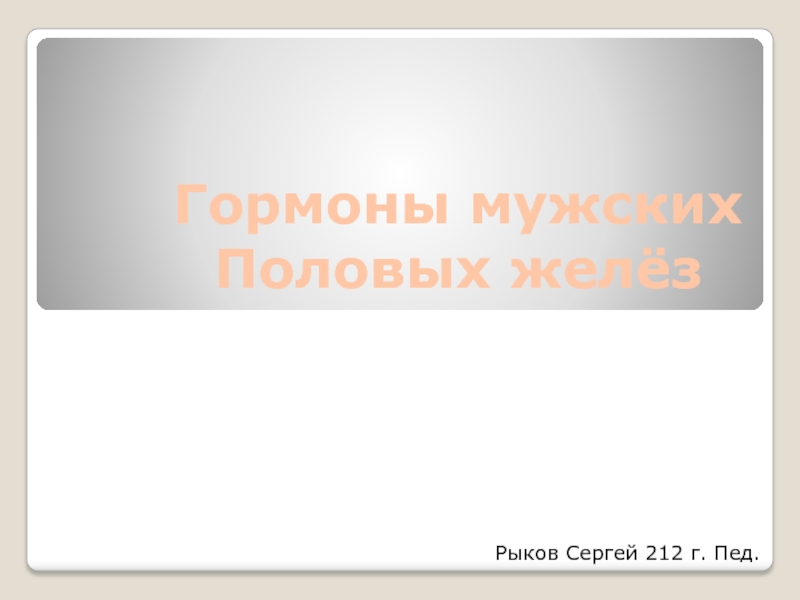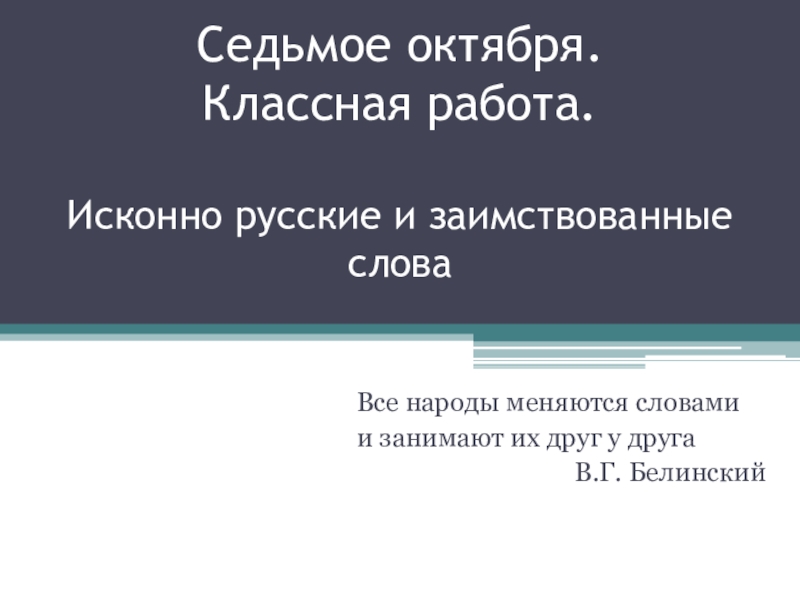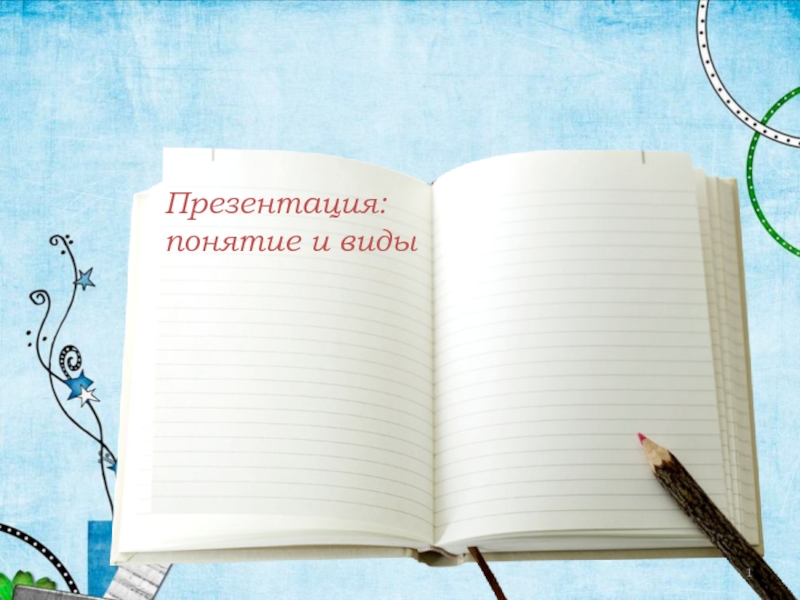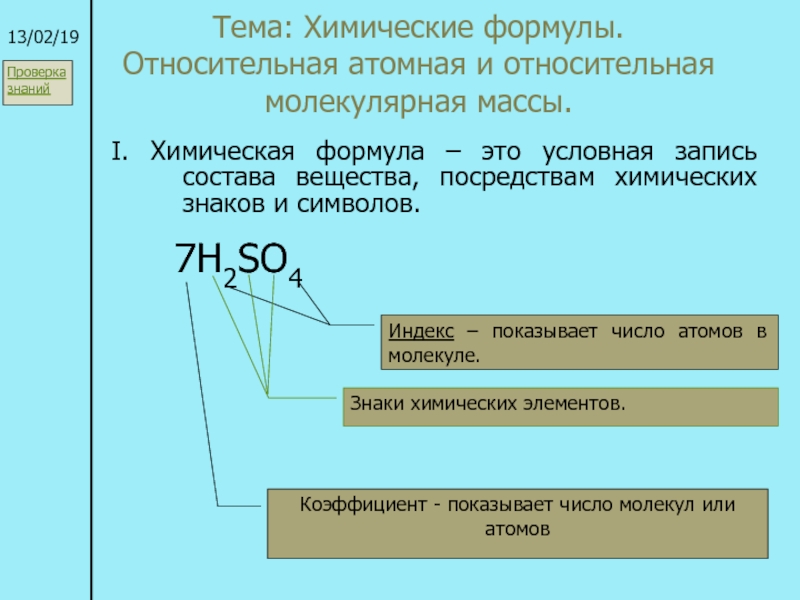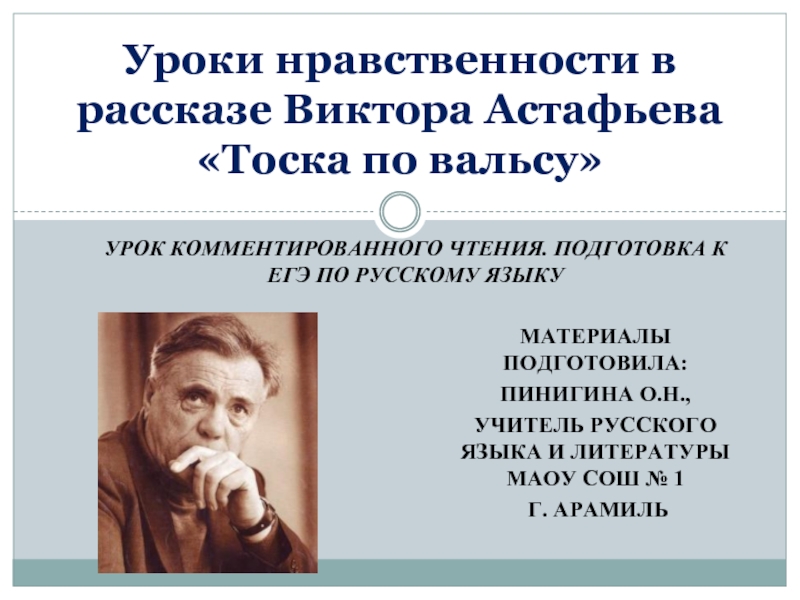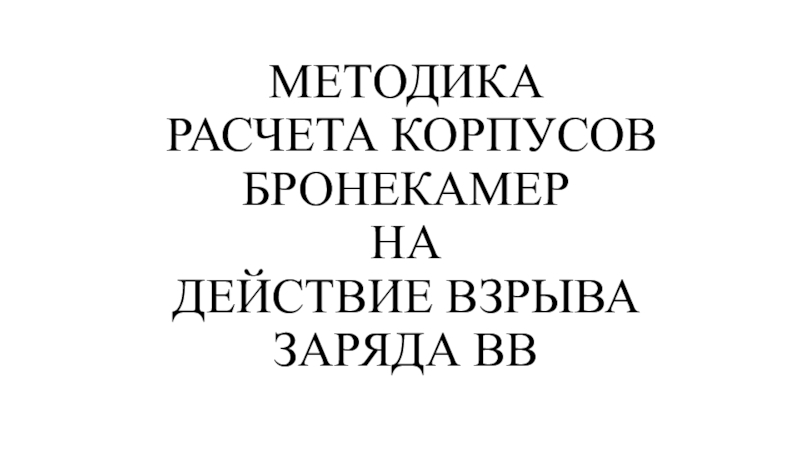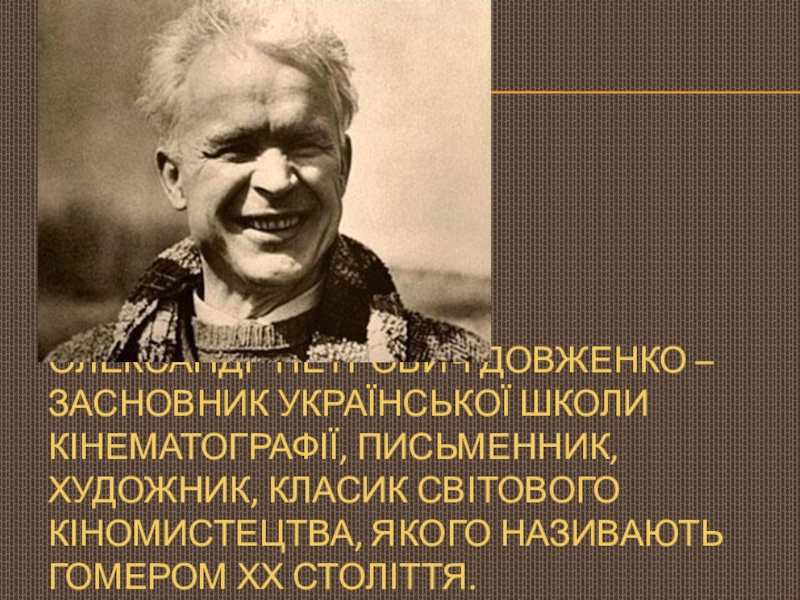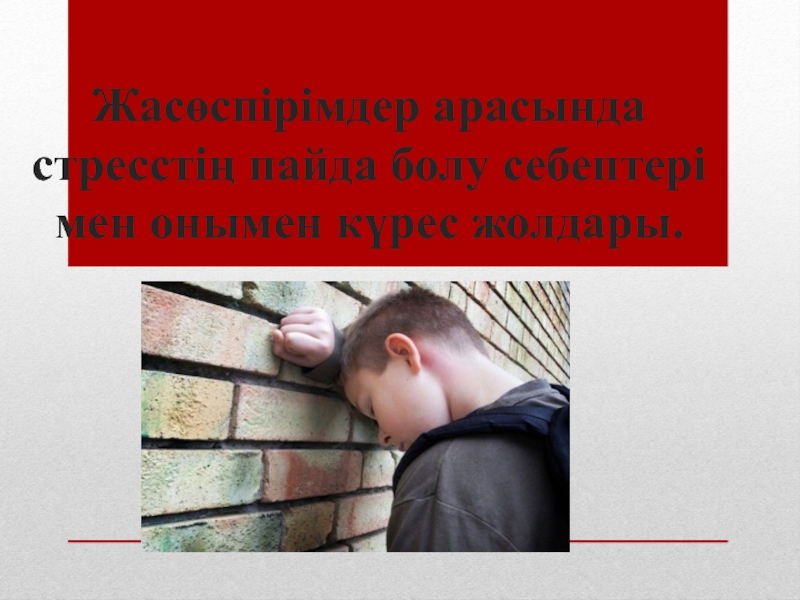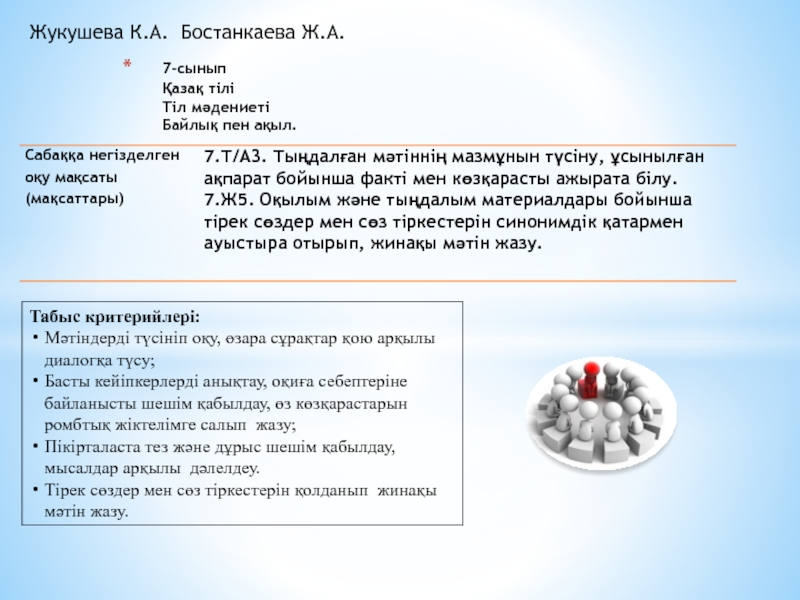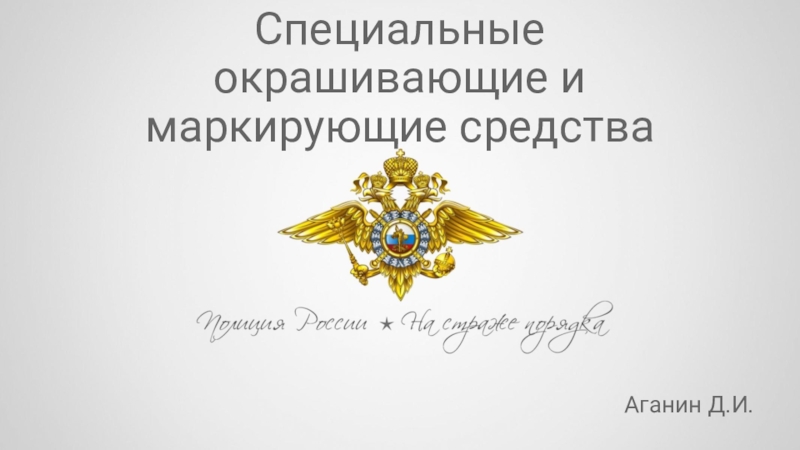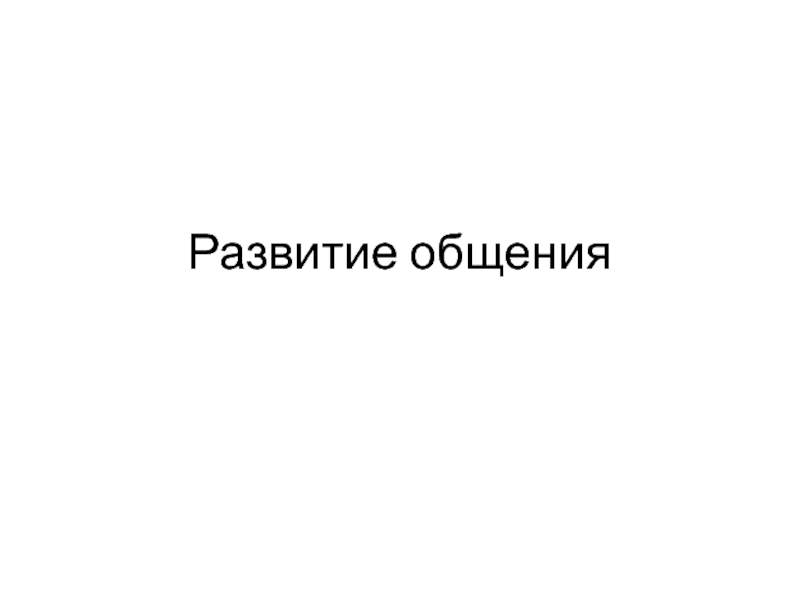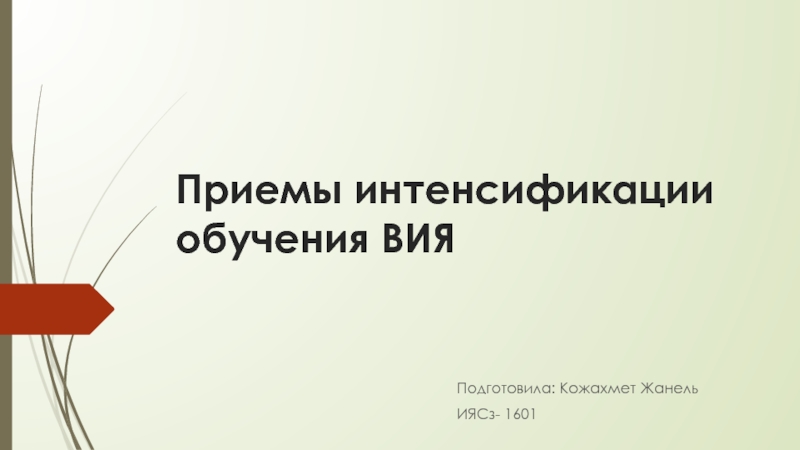Разделы презентаций
- Разное
- Английский язык
- Астрономия
- Алгебра
- Биология
- География
- Геометрия
- Детские презентации
- Информатика
- История
- Литература
- Математика
- Медицина
- Менеджмент
- Музыка
- МХК
- Немецкий язык
- ОБЖ
- Обществознание
- Окружающий мир
- Педагогика
- Русский язык
- Технология
- Физика
- Философия
- Химия
- Шаблоны, картинки для презентаций
- Экология
- Экономика
- Юриспруденция
Political Systems
Содержание
- 1. Political Systems
- 2. PlanForm of governmentPolitical party system
- 3. Form of Government (America)The USA – representative
- 4. Federalism in America
- 5. Pros and ContrasFosters state loyaltiesPractices pragmatismCreates laboratories
- 6. Governmental Branches
- 7. The Congress
- 8. Executive Branch
- 9. Functions and powers of the PresidentAppoints the
- 10. Judicial BranchThe highest court - the Supreme
- 11. BritainA constitutional monarchy, i.e. it’s governed by
- 12. British ConstitutionMagna Carta (Великая Хартия Вольностей) -
- 13. British MonarchyThe monarch has a number of
- 14. All ministers and officials of the central
- 15. In spite of these roles, the monarch
- 16. The MonarchIs the official Head of State
- 17. British Royal Family
- 18. The Prime MinisterAppoints other governmental officialsOrganizes other
- 19. David Cameron
- 20. British ParliamentBritish Parliament consists of: the House
- 21. Parliament has a maximum duration of five
- 22. House of Lordsconsists of the Lords Temporal
- 23. The Lords Temporal consist of (1) hereditary
- 24. The House of Commonsconsists of Members of
- 25. The Process of Lawmaking
- 26. Judicial Branch
- 27. Слайд 27
- 28. Political Parties in the UKThe great majority
- 29. Conservatives (The Tories)Individuals should own and control
- 30. The government should work with private companies
- 31. They believe in personal freedom and a
- 32. Smaller political partiesthe Liberals and Social Democrats;
- 33. Скачать презентанцию
PlanForm of governmentPolitical party system
Слайды и текст этой презентации
Слайд 3Form of Government (America)
The USA – representative democracy
The federal organization
of government
system of checks and balancesСлайд 5Pros and Contras
Fosters state loyalties
Practices pragmatism
Creates laboratories of democracy
Leads to
political stability
Encourages pluralism
Ensures separation of powers and prevents tyranny
Prevents the
creation of national policyLeads to a lack of accountability
Слайд 9Functions and powers of the President
Appoints the secretaries of the
major departments
Represents the country abroad
Appoints foreign ambassadors
Makes treaties with other
nationsServes as the commander-in-chief of the armed forces
Слайд 10Judicial Branch
The highest court - the Supreme Court of the
US (9 justices) deals with matters pertaining to (относиться) the
Federal Government, disputes between states, and interpretation of the United States ConstitutionThe courts of appeals (13)
The district courts (94)
Слайд 11Britain
A constitutional monarchy, i.e. it’s governed by a king/ queen
who accepts the advice of a parliament.
A parliamentary democracy, i.e.
it’s a country the government of which is controlled by a parliament elected by the people.Almost uniquely in the world, Britain has no written constitution (the only other such nations are Israel & New Zealand)
The political system is not neat or logical or always fully democratic or particularly efficient
Слайд 12British Constitution
Magna Carta (Великая Хартия Вольностей) - 1215
The Petition of
Right (Петиция о Праве) - 1628
The Bill of Rights (Билль
о Правах) - 1689Слайд 13British Monarchy
The monarch has a number of roles, and serves
formally as:
1) head of state
2) head of the executive
3) head
of the judiciary4) head of the legislature
5) commander-in-chief of the armed forces
6) supreme governor of the Church of England
AS A RESULT
Слайд 14All ministers and officials of the central government are the
monarch's servants, and judges, military officers, peers, and bishops of
the Church of England swear allegiance to the CrownСлайд 15In spite of these roles, the monarch acts only on
the advice of political ministers
The monarch can not
make
laws impose taxes
spend public money
Слайд 16The Monarch
Is the official Head of State and the Head
of the Nation
Serves as British public face and national icon
Performs
official and ceremonial duties (opening each session of Parliament)Appoints the PM and other governmental officials
Honors the achievements of British citizens
Represents Britain in the international community
Слайд 18The Prime Minister
Appoints other governmental officials
Organizes other government departments and
agencies
Participates in the House of Commons
Represents the UK Internationally
Слайд 20British Parliament
British Parliament consists of:
the House of Lords
the House of Commons
formally the monarch It assembles as a unified body only on
ceremonial occasions, such as the State
Opening of Parliament by the monarch in
the House of Lords
Слайд 21Parliament has a maximum duration of five years
The maximum
has sometimes been prolonged by special parliamentary legislation on occasions
of national emergency like the two World WarsСлайд 22House of Lords
consists of
the Lords Temporal and the Lords
Spiritual
The Lords Spiritual are the Archbishops of York and Canterbury
and twenty-four senior bishops of the Church of England Слайд 23The Lords Temporal
consist of
(1) hereditary peers and peeresses
who have kept their titles;
(2) life peers and peeresses,
who have usually been created by political parties; (3) the Lords of Appeal (Law Lords), who become life peers on their judicial appointments
Слайд 24The House of Commons
consists of Members of Parliament (MPs) who
are elected by the adult suffrage of the British people
650 MPs
10% are women
523 parliamentary seats for England
38 parliamentary seats for Wales
72 parliamentary seats for Scotland
17 parliamentary seats for Northern Ireland
Слайд 28Political Parties in the UK
The great majority of the MPs
in the House of Commons belong to either the Conservative
or the Labour Party.Слайд 29Conservatives (The Tories)
Individuals should own and control businesses and services
and make profits from them;
The government should not interfere
with these things;Tax should be low;
Traditional values should be encouraged;
Strict discipline and respect will cut crime;
Criminals should be treated harshly;
Traditions such as the monarchy and the House of Lords are a very important part of Britain's history.
Слайд 30The government should work with private companies to provide good
public services.
The government should be involved in helping to
close the gap between rich and poor by providing opportunities for those in need. All public services such as schools and hospitals need to receive funding from the government
There need to be different levels of tax depending on how much you earn.
Communities need to be strong by promoting tolerance of and respect for all and by all.
The Labor Party
Слайд 31They believe in personal freedom and a fair and open
society where there is equality for everyone and strong communities.
This can be achieved through free healthcare and education for all and by encouraging business to flourish but not interfering.
The poor and those in need should receive help from the government.
There should be a strong and effective transport system
It's more important to deal with the causes of crime not just the effects
The Liberal Democratic Party (Lib Dems)
Слайд 32Smaller political parties
the Liberals and Social Democrats;
the Scottish National
Party;
Plaid Cymru (the Welsh National Party);
the Protestant Northern Irish parties
of the Official Unionists,the Democratic Unionists and the Ulster Popular Unionists;
the Social Democratic and Labour Party (moderate Roman Catholic Northern Irish party);
Sinn Fein (Republican Northern Irish party).
the Greens
Communist Party
